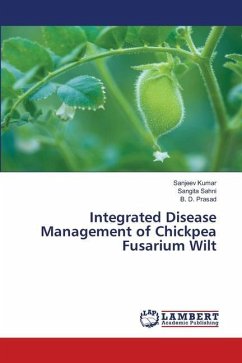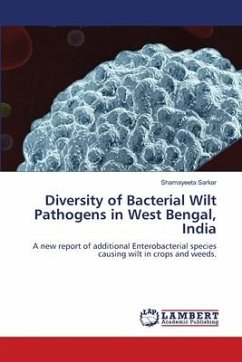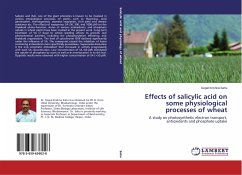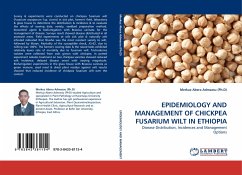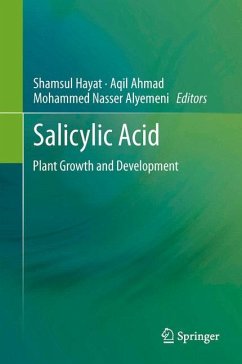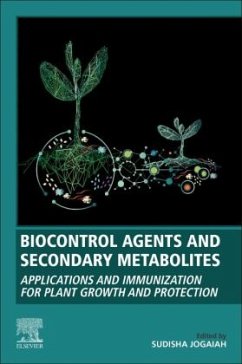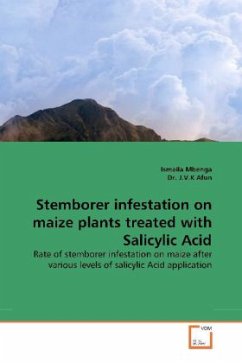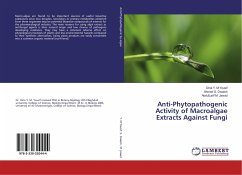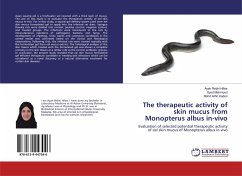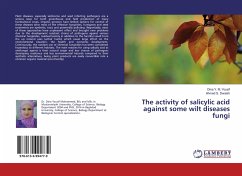
The activity of salicylic acid against some wilt diseases fungi
Versandkostenfrei!
Versandfertig in 6-10 Tagen
36,99 €
inkl. MwSt.

PAYBACK Punkte
18 °P sammeln!
Plant diseases, especially soil-borne and seed infecting pathogens are a serious issue for both greenhouse and field production of many horticultural crops. Organic growers have limited options for control of these diseases since most of the effective fungicides, fumigants and seed treatments are synthetic, toxic and potentially polluting. Regrettably, most of these approaches have unpleasant effect and brought new problems due to the development resistant strains of pathogens against various chemical fungicides, residual toxicity in addition to the harmful result from the up natural uses (unf...
Plant diseases, especially soil-borne and seed infecting pathogens are a serious issue for both greenhouse and field production of many horticultural crops. Organic growers have limited options for control of these diseases since most of the effective fungicides, fumigants and seed treatments are synthetic, toxic and potentially polluting. Regrettably, most of these approaches have unpleasant effect and brought new problems due to the development resistant strains of pathogens against various chemical fungicides, residual toxicity in addition to the harmful result from the up natural uses (unfair hunts) which cause large effect on the environmental situation, the health and economic development. Continuously, the random use of chemical fungicides has been considered hazardous to different habitats. The main reasons for using salicylic acid as antifungal agents is their natural origin and low chance of pathogens developing resistance and less environmental hazards compared to their synthetic alternatives, being plant products are easily convertible into a common organic material (eco-friendly).




